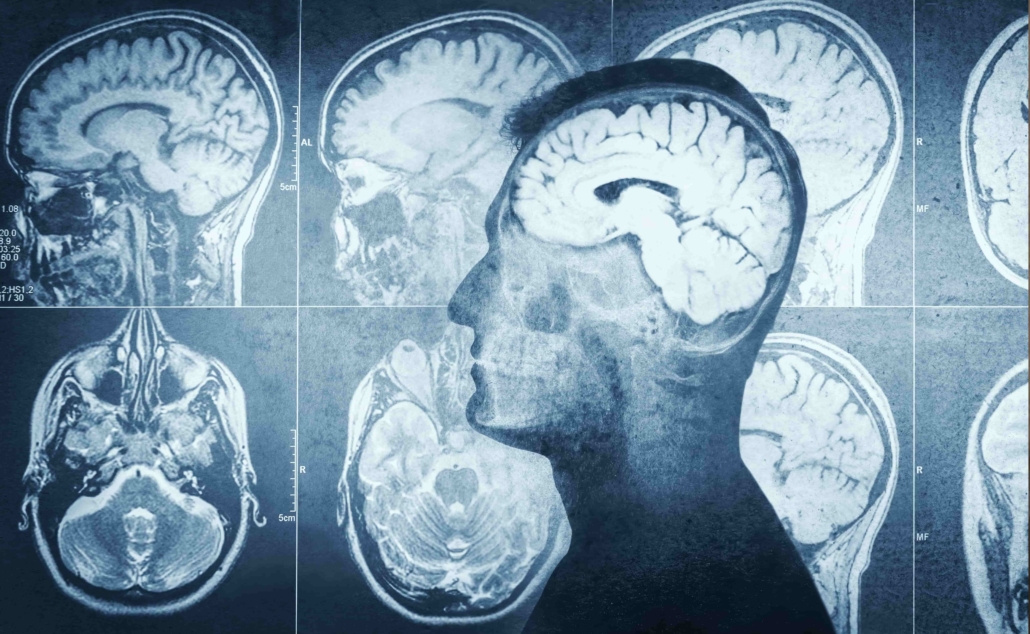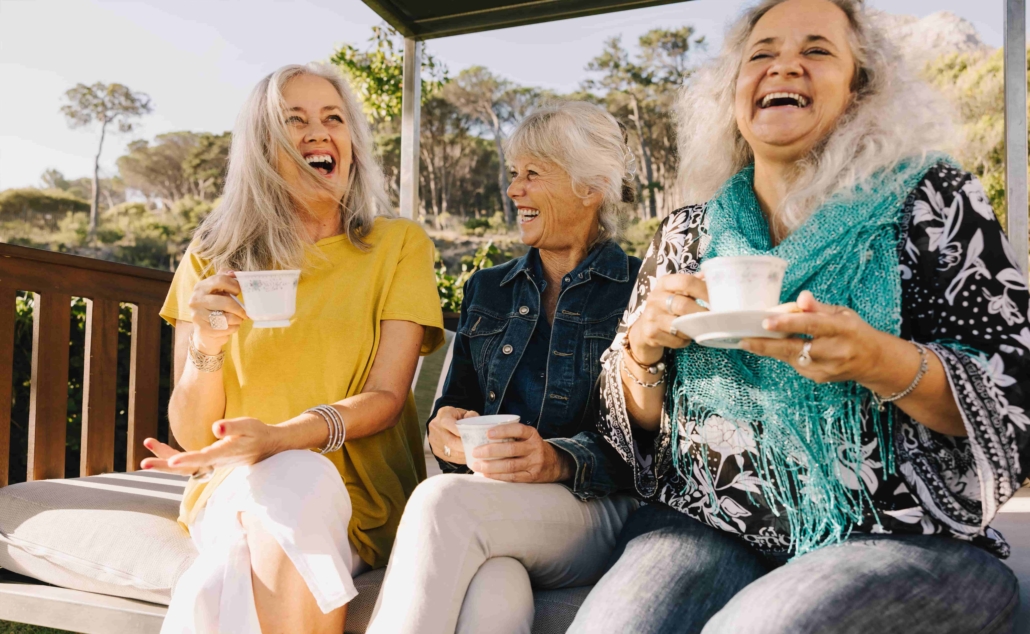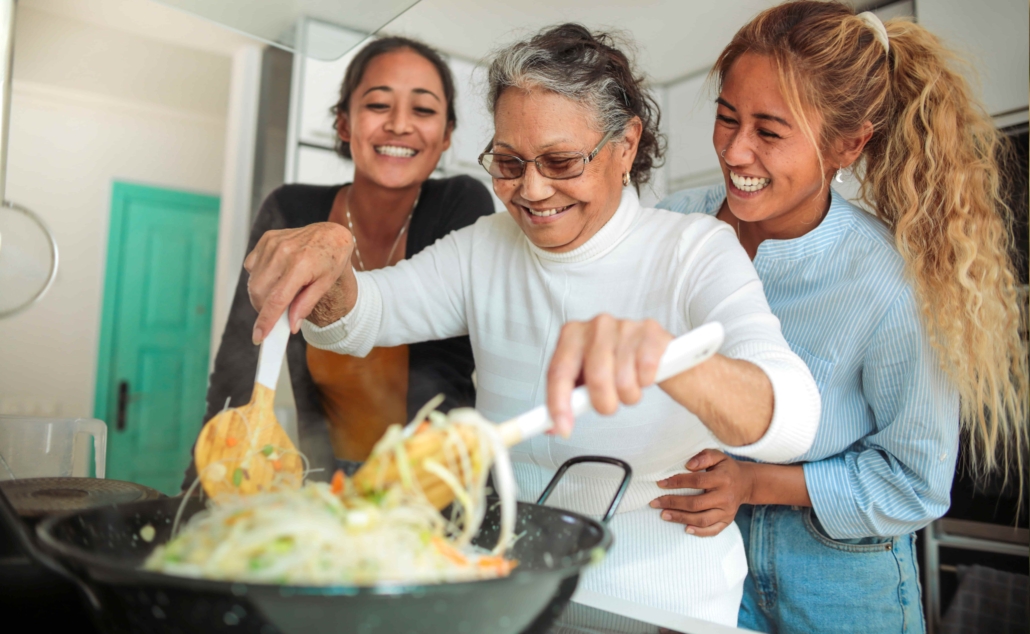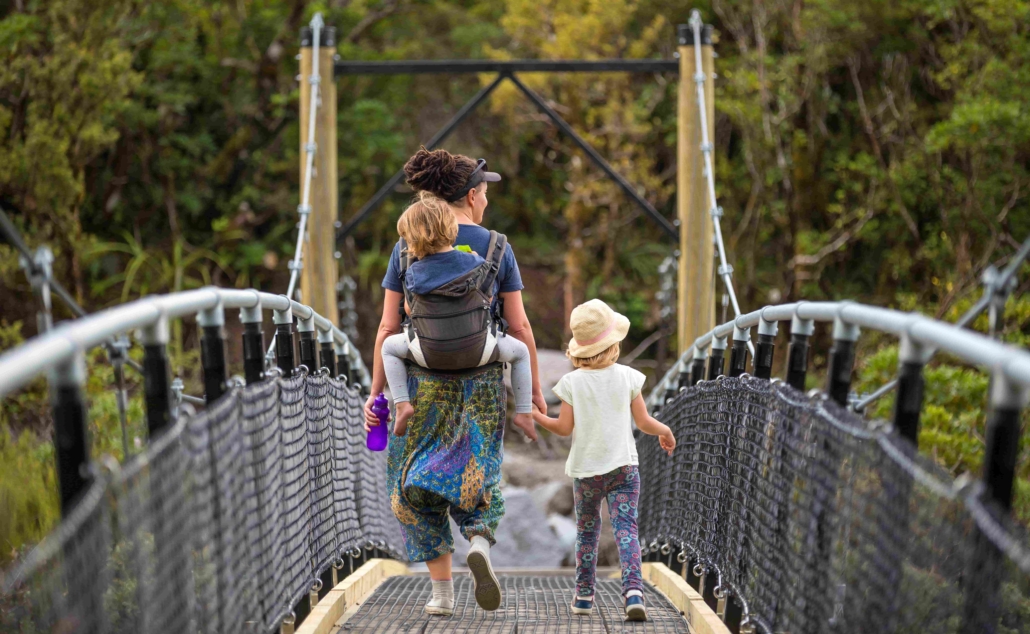In Aotearoa, nearly two-thirds of New Zealanders have some personal experience with dementia | mate wareware. Matariki is a time of connection, remembrance, and renewal. As we share kai, stories, and aroha, it’s a perfect moment to reflect on the wellbeing of our loved ones. As whānau and friends gather, it’s also a time to gently notice any changes in memory or behaviour. By recognising these signs early, we can help reduce stigma and guide whānau towards the support they need.
Look for the ten common early signs of dementia | mate wareware
The early signs and symptoms of dementia can be subtle and hard to recognise. Conditions, such as stroke, depression and infections, as well as normal ageing, can cause dementia-like symptoms …
Early Discovery and Diagnosis
Recognising the early signs of dementia | mate wareware and acting on them – can open the door to help and hope. A diagnosis not only explains what’s happening, but also empowers people to take control of their …
Ways you can help a friend or whānau member
If you or someone else has noticed signs that your memory, thinking, behaviour and mood are changing, it can be scary. It’s the same if you notice signs in someone close to you. What if it’s bad news? …
What should I do if I am concerned about myself or someone I know?
If you’re concerned about the changes you have noticed in yourself or someone you know, it’s helpful to seek advice. Complete our Carer / Whānau Enquiry Form to access free dementia information …
Find local help
No two dementia journeys are the same, which is why we are here to walk alongside you. Our Dementia New Zealand network offers resources, education, and community support services enable people with dementia, their care partners, and their …
Reduce the risk of dementia
While we can’t change our age or inherited risk, we can work together to reduce dementia risk – both individually and as a society. According to the 2020 Lancet Dementia Commission, around 40% of dementia cases could be prevented …







